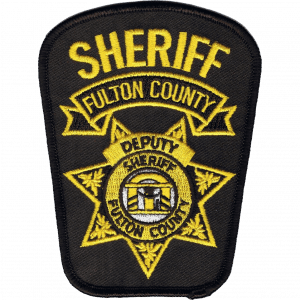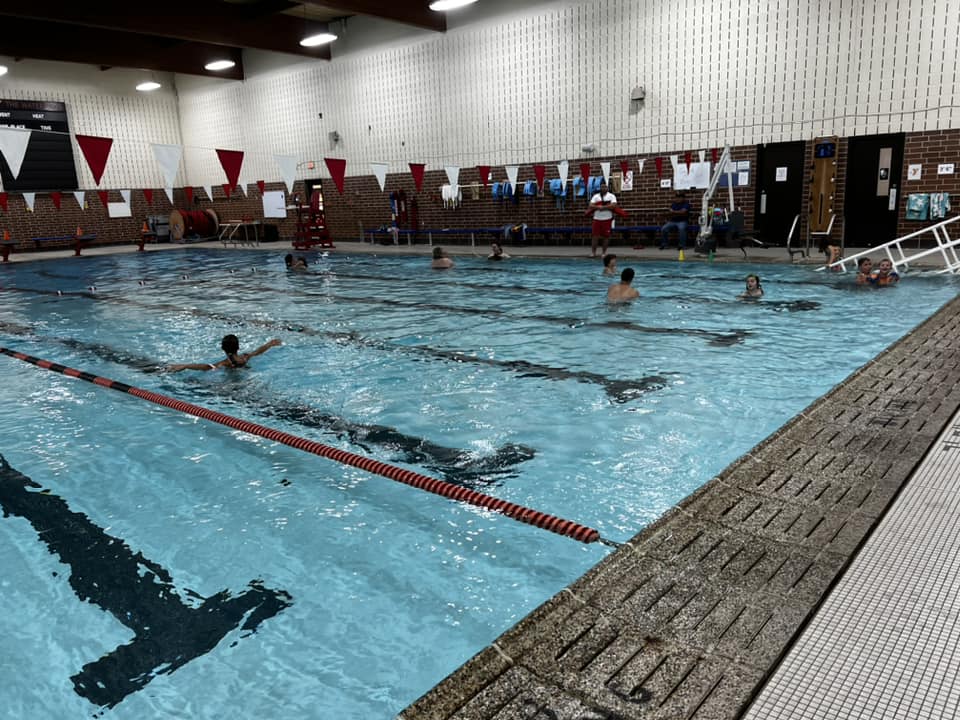- GALESBURG, Ill, October 27, 2020: As leaves fall from the trees each year, some may find beauty in the reds, yellows, and orange as they blanket the ground, while others may see hours of work ahead of them as they rake or mow the leaves to remove them. Regardless, leaves provide many benefits in the yard and garden other than just beauty. So what all can we do with all those leaves. Fallen leaves are fine left to lie; however, if the layer of leaves becomes too thick, it can smother the grass. To reduce the thickness of the leaves, mowing the leaves can help to chop the leaves up which helps to break them down quicker. Mulching blades on a lawn mower will chop the leaves multiple times to make even smaller particles. For those that prefer to remove leaves, there is so much more potential for the leaves than sending them to a landfill or burning them. Leaves can provide nutrients to our lawn, trees, landscape plants, and vegetable gardens. Leaves can be collected through a bagging system on your lawn mower or raked or blown into piles. A tool I have found handy for cleaning leaves out of gravel mulched landscape is a vacuum mulcher that will suck up and mulch the leaves. Once collected, leaves can be used for mulching around cold tender plants such as roses to help protect these plants during the winter. They can be added to flower beds or vegetable gardens to add organic matter to be broken down for added soil nutrients. Leaves can also be added to a compost pile to be broken down over time. To enlist some help, you might also consider implementing some fun activities such as raking or blowing the leaves into piles for younger helpers or pets to run and jump through. Leaves also act as great stuffing for scarecrows and plastic trash bags that look like pumpkins. Good Growing Tip: If you’re concerned about harming insects that overwinter in leaf material, you could leave an area of your lawn untouched to provide these insects a habitat for the winter. You could also use practices that are less likely to damage the insects such as blowing or raking the leaves into piles.
- Katie Parker, Local Foods and Small Farms Educator, Illinois Extension
- ABOUT EXTENSION: Illinois Extension leads public outreach for University of Illinois by translating research into action plans that allow Illinois families, businesses, and community leaders to solve problems, make informed decisions, and adapt to changes and opportunities















